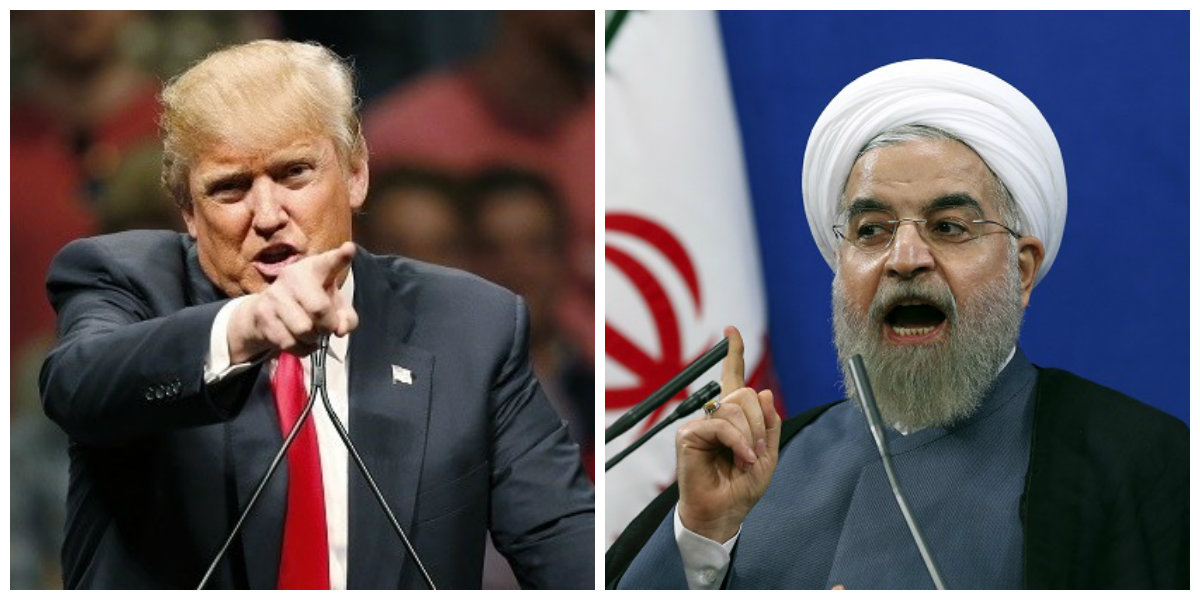
The Day Following the Attack on Syria
(Jordan) on 14 April 2018
by Fahed al Khitan (link to original)
Secretary of Defense James Mattis seemed dubious and cautious. According to Western reports, Mattis called on the U.S. administration to provide conclusive evidence that the Syrian regime used chemical agents in Douma. Qualms about a foolish military act which would lead to an open confrontation with Russia were among the factors which discouraged the military from carrying out the attack Trump called for. The Syrian arena is swarming with forces from multiple nations, and according to Western intelligence, the Russians are present at almost every Syrian military base; if U.S. missiles were to hit the Russians, this could spark a wide-scale war that would get out of control.
In the eyes of Washington’s allies, the biggest problem is the lack of any clear political agenda by the Trump administration in Syria. What would ensue the day after the attacks? This is the most significant question from the point of view of countries connected to the Syrian crisis.
Following the American strike on one of Syria’s military bases last year, and against the backdrop of allegations that chemical agents were used, Washington stepped back from taking any constructive political role in the Syrian crisis, whereas Russian and Iranian control grew, and the Syrian army managed to achieve consecutive victories on all fronts.
Such developments proved that Western military intervention in Syria is outdated and will not manage to put an end to things except the successful destruction of the terrorist Islamic State infrastructure.
At a later stage in its intervention, it seems that the Trump administration is satisfied with its accomplishment in Syria and Iraq, and intends to leave the main roles to the Russian, Iranian and Turkish players. The past few weeks were full of surprising developments epitomized by the intense diplomatic crisis between Great Britain and Russia after a former Russian agent and his daughter were poisoned in the heart of London. Britain formally accused Russia in the incident, and was followed by Western countries which imposed diplomatic and economic sanctions against Russia.
London, which was provoked by Russia’s behavior, saw a chance for indirect revenge against Russia in the Douma chemical attack. From the beginning, it rushed to incite Washington into engaging in military action to punish Russia, and Theresa May announced that her country was ready to actively participate in the military attack without consulting Parliament, and ordered one of its submarines to move into the Mediterranean.
Initial estimates show that the potential military blow to Syria will be larger, more wide-ranging and more destructive than the strike against the Syrian airport last year, yet politically, the impact of both operations will not be fundamentally different. The Syrian opposition doesn’t have a cohesive structure which one can count on in any case. The only consequence that would follow a military strike would be an extended Russian deadlock in Syria and the repudiation of negotiated obligations under a faltering Geneva Protocol.**
*Editor’s note: The United States, France and the United Kingdom carried out a series of military strikes against multiple government sites in Syria on April 14, 2018, apparently after this article was published.
**Editor’s note: The author appears to be making a reference to a Geneva Protocol, signed by the League of Nations and the United States in 1925, and by Syria in 1968, against the use of chemical or biological weapons.

